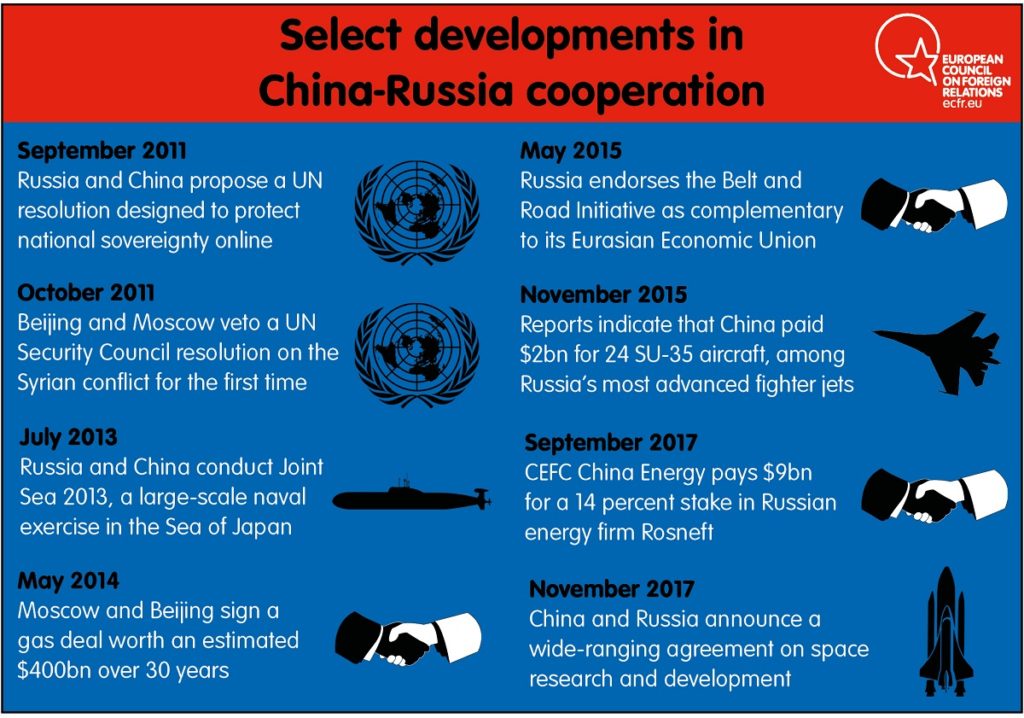
Russia’s March 2018 election will mark the arrival of the post-Putin era in Russian domestic politics, according to Ivan Krastev, chairman of the Centre for Liberal Strategies, and Gleb Pavlovsky, president of the Russia Institute. Post-Putin Russia has begun to arrive not only because the president is preoccupied with his vision for it; some key members of the Russian elite have also started preparing for the realities of this new era, they write for the European Council on Foreign Relations:
They have begun to transform the access to the president that is their major source of power into a political currency that will retain its value after Putin leaves the Kremlin. Some of the most high-profile scandals of recent times seem to have been designed with post-Putin Russia in mind. These include the trial of former economy minister Alexei Ulyukaev – engineered by Igor Sechin, the powerful head of Rosneft – and Chechen leader Ramzan Kadyrov’s feuerwerks of unconventional political activity. Members of the elite are vying with one another to show how they might wield power in the new era.
“The emerging Moscow-Beijing strategic alliance is the most significant outcome of the current crisis of the relationship between Russia and the West,” say Pavlovsky and Krastev, a regular contributor to the National Endowment for Democracy’s Journal of Democracy:
Events in 2018 will demonstrate the Kremlin’s commitment to linking its economic future to China and trying to manage the power imbalance in the partnership by investing in military capabilities and maintaining a high international profile. In the words of analyst Artyom Lukin, “Russia aspires to be the main security and diplomatic broker in Eurasia while leaving China with the role of the economic leader”.







